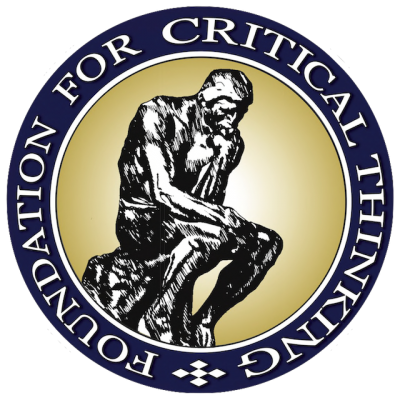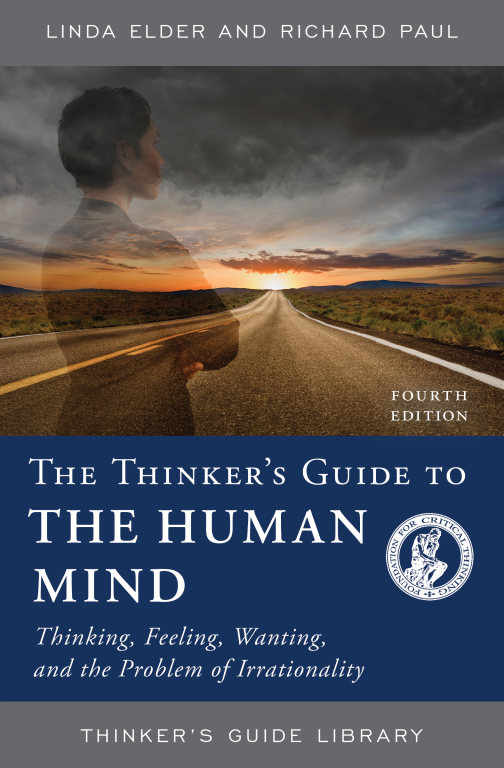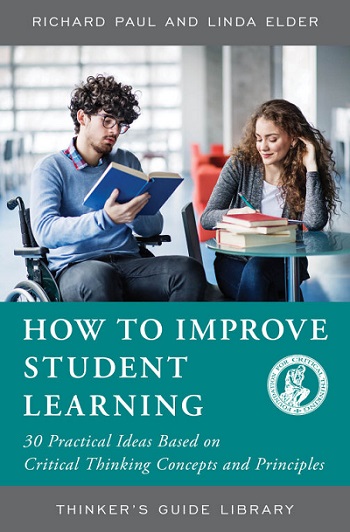
Recommended Reading for
The 43rd Annual International Conference
on Critical Thinking
Entirely Online

Registration Closed
Pre-Conference: July 23
Main Conference: July 24 - 28, 2023
{"id":"5028","title":"","author":"","content":"<p style=\"text-align: center;\"><span style=\"font-size: xx-large;\"><strong><span style=\"font-family: book antiqua, palatino;\">Entirely Online</span></strong></span><em><span style=\"font-size: xx-large; color: #993300;\"><strong><span style=\"font-family: book antiqua, palatino;\"><img style=\"float: left; margin: 0px 10px;\" src=\"https://www.criticalthinking.org/data/courses/Hi_Res_Logo_3.png\" alt=\"\" width=\"150\" height=\"150\" /></span></strong></span></em><span style=\"font-size: xx-large;\"><strong><span style=\"font-family: book antiqua, palatino;\"><img style=\"float: right; margin-left: 10px;\" src=\"https://www.criticalthinking.org/data/courses/Globe_1.png\" alt=\"\" width=\"150\" height=\"150\" /></span></strong></span><br /><span style=\"font-size: x-large;\"><strong><span style=\"font-family: book antiqua, palatino;\"><span style=\"color: #993300;\"><br />Registration Closed</span></span></strong></span><span style=\"font-size: xx-large; color: #800000;\"><strong><span style=\"font-family: book antiqua, palatino;\"> </span></strong></span><br /><br /><span style=\"font-size: x-large;\"><strong> </strong><strong><span style=\"font-family: book antiqua, palatino;\">Pre-Conference: July 23</span></strong></span><br /><span style=\"font-size: x-large;\"><strong><span style=\"font-family: book antiqua, palatino;\">Main Conference: July 24 - 28, 2023</span></strong></span></p>","public_access":"1","public_downloads":"0","sku":"","files":[],"images":[]}
Thinker's Guides used during the conference will be supplied via the partial copies available through the Center for Critical Thinking Community Online, to which all registrants will have complimentary access. However, we recommend purchasing full copies of the following titles prior to the conference, as they will greatly improve your ability to internalize the concepts covered at the event:
{"id":"5030","title":"","author":"","content":"<p style=\"text-align: left;\"><span style=\"font-size: large;\">Thinker's Guides used during the conference will be supplied via the partial copies available through the <span style=\"text-decoration: underline;\"><strong><a href=\"https://community.criticalthinking.org/\" target=\"_blank\">Center for Critical Thinking Community Online</a></strong></span>, to which all registrants will have complimentary access. However, we recommend purchasing full copies of the following titles prior to the conference, as they will greatly improve your ability to internalize the concepts covered at the event:</span></p>\r\n<p style=\"text-align: left;\"><span style=\"font-size: large;\"> </span></p>\r\n<hr />","public_access":"1","public_downloads":"0","sku":"","files":[],"images":[]}
This powerful book introduces core critical thinking concepts and principles as an empowering problem-solving framework for every profession, course of study, and indeed every area of life. The Miniature Guide to Critical Thinking Concepts and Tools distills the groundbreaking work of Richard Paul and Linda Elder, targeting how to deconstruct thinking through the elements of reasoning and how to assess the quality of our thinking.

Since all human thoughts are controlled by the mind, understanding our thoughts is essential to personal and societal advancement. The Thinker’s Guide to the Human Mind delves into the core functions of the human mind to allow readers to take charge of their intellect and emotions more effectively.
Richard Paul and Linda Elder explore the basic impulses that influence our thoughts and can distract us from logical or ethical action. Exploring the dangers of egocentric and sociocentric thinking, this guide presents strategies for strengthening emotional intelligence and developing critical thinking virtues.
Linda Elder and Richard Paul’s The Thinker’s Guide to Analytic Thinking explores the practice of analyzing problems and opportunities, providing a framework for finding common denominators, inconsistencies, biases, and underlying causes. It helps readers learn to think within the logic of subjects and professions. By offering proper tools for analysis and assessment of thought, it empowers readers to address any decision with confidence.
In this guide, Richard Paul and Linda Elder empower students to take control of their own learning by asking questions, challenging assumptions, drawing upon reliable information, and exploring alternative opinions. Making intellectual work more accessible, practical, and engaging, this book fosters minds that question, probe, and can master a variety of forms of knowledge through intellectual perseverance and regular use of critical thinking skills.
The Thinker’s Guide to the Art of Socratic Questioning introduces readers to powerful methods for questioning that pinpoint underlying beliefs and systems of logic. It brings together the principles of critical thinking with Socratic questioning.
Richard Paul and Linda Elder illuminate the practicality and accessibility of Socratic questioning for revealing and solving problems in thought. Teachers, students and professionals will find in this book essential questioning strategies for reasoning within any field of study or endeavor.
While creativity and criticality may seem contrary to one another, they are in fact intimately interconnected. In The Nature and Functions of Critical and Creative Thinking, Richard Paul and Linda Elder promote the simultaneous teaching of different types of thinking and explore their interrelationships as essential understandings in learning. This guide serves a useful resource for teachers and school administrators at every level, especially as they integrate critical and creative thinking into existing curricula.

How to Improve Student Learning
In How to Improve Student Learning , critical thinking pioneer Richard Paul and educational psychologist Linda Elder distill decades of teaching experience into thirty methods to increase student comprehension and engagement in any area of study. Teachers and faculty at all levels will find these strategies easy to integrate into their teaching and learning process, and, when integrated, will see students begin to take ownership of their learning.

